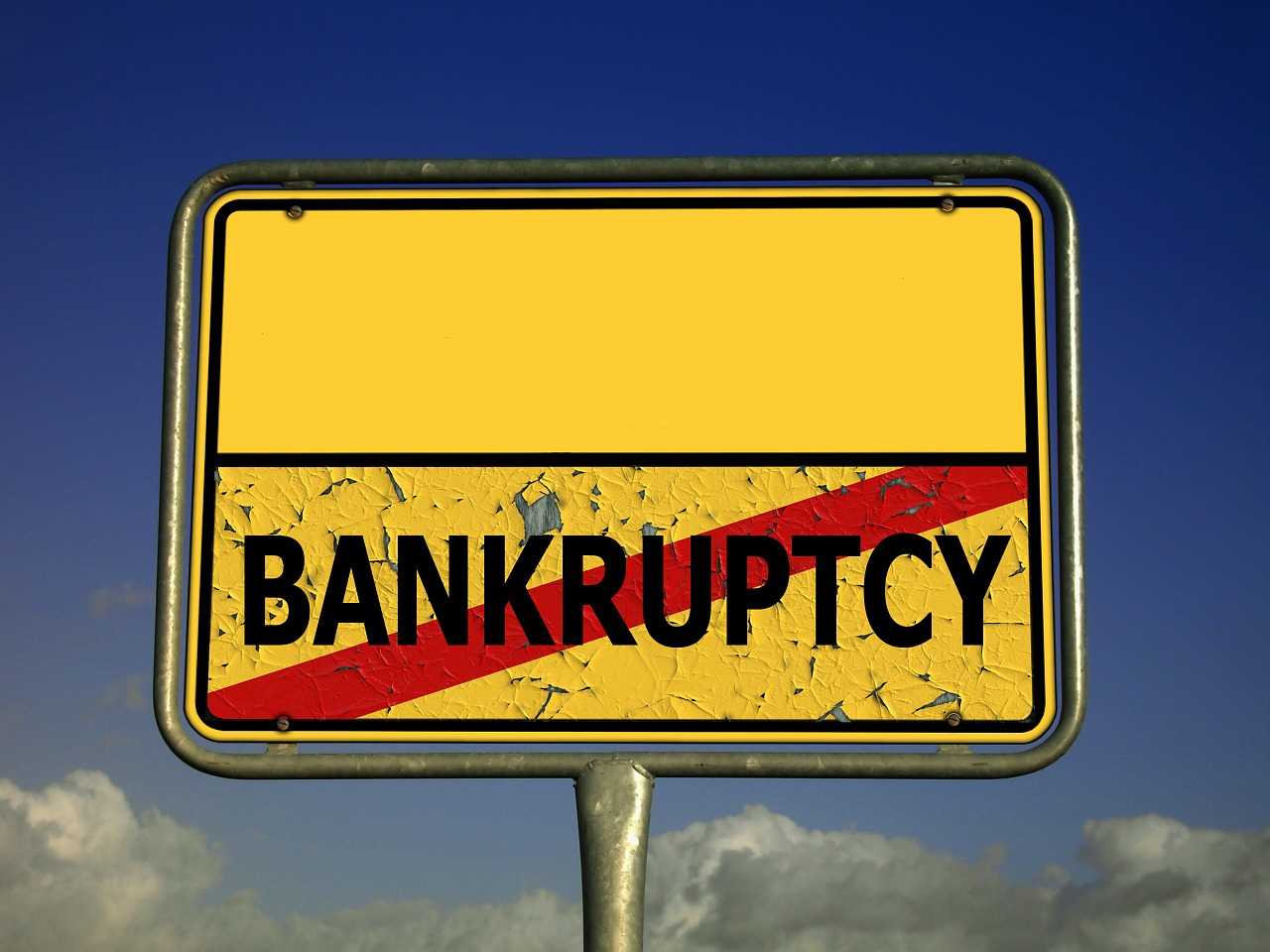
Bankruptcy
Many people have continued to find that their personal finances have been stretched over the past few years. While wages have remained flat, or even declined in some cases, the costs of living and education have increased substantially. For those that are in a lot of debt due to this and need to find a way to reorganize their financial life, filing for bankruptcy can be a good option. One form of bankruptcy to consider filling for is Chapter 13. This form of bankruptcy differs from other options, so it is important to properly understand the benefits and impacts of filing Chapter 13 bankruptcy.
Focus is on Reorganization of Debt
When someone is going through financial challenges and they decide to file for bankruptcy, the two most common options are Chapter 7 and Chapter 13. Those that file for Chapter 7 will look to have their debts expunged and released entirely. To do this, they will typically need to liquidate all of their bank accounts and many of their personal assets.
For those that do not want to completely liquidate their assets, filing Chapter 13 can be a better option. This form of bankruptcy is more focused on reorganizing all of their personal debts. This can be an ideal option as it will allow you to repay your outstanding debts over a longer period of time and even receive some interest rate relief, which can make it more affordable. After completing a repayment plan, some of your debts may be released.
Qualifications for Filing
For a Chapter 13 bankruptcy, there are typically a variety of qualifications that will need to be met. To start, all people that file for this will need to have less than $419,000 of unsecured debt and less than about $1.25 million of secured debt. These figures tend to increase slightly each year and are current as of 2021. Those that have more debt than this will not automatically qualify for this bankruptcy protection.
Another factor that will go into determining your qualification is if you are able to afford the repayment plan. The court system will create a three to five-year debt repayment schedule that will aim to pay off the majority of your personal debts. If you cannot afford the payment based on your income and other obligations, you may not qualify for this form of bankruptcy protection.
Allows Chance to Catch Up
One of the advantages of a Chapter 13 filing is that it can help you catch back up on your past due payments. If you have fallen behind on mortgage or auto loan payments, the lenders could be starting the foreclosure or asset seizure process. When you file Chapter 13, it will give you an opportunity to get caught back up. As long as you remain in compliance with the mandated repayment plan set by the court, you can continue to keep both your home and your vehicle.
Impact on Credit History
One of the drawbacks of filing for any type of bankruptcy is that it can impact your credit, which can make it more difficult to qualify for loans, lease an apartment, and complete other tasks in the future. For a Chapter 7 bankruptcy, the filing will remain on your credit report for up to ten years. At the same time, you may not have the capacity to build your credit during this time. This can make it harder to qualify for a loan even after the bankruptcy is off your credit.
With a Chapter 13 filing, the bankruptcy will remain on your report for only 7 years. Further, during this process, you will continue to make payments on the repayment loan set by the court. Staying on track with this repayment plan could help you improve your credit history. Ultimately, you will be able to take out loans and other forms of debt much sooner than you would with a Chapter 7 filing.
Filing for Chapter 13 bankruptcy can be a good idea for those that want to restructure and simplify their personal finances. However, there are a lot of complexities that can come with this bankruptcy filing. Due to this, you should always hire a Chapter 13 bankruptcy lawyer whenever you are thinking about filing for bankruptcy. These professionals can provide you with all the support that you need including consultation, support filing your bankruptcy claim, and even handling negotiations with creditors to help you get into a favorable and affordable repayment plan.





